Drug Cravings Worksheet
Drug cravings can be overwhelming and disruptive, making it challenging to stay focused on recovery. That's why having a drug cravings worksheet can be a helpful tool for individuals seeking support and guidance in managing their addiction.
Table of Images 👆
More Other Worksheets
Kindergarten Worksheet My RoomSpanish Verb Worksheets
Cooking Vocabulary Worksheet
DNA Code Worksheet
Meiosis Worksheet Answer Key
Art Handouts and Worksheets
7 Elements of Art Worksheets
All Amendment Worksheet
Symmetry Art Worksheets
Daily Meal Planning Worksheet
What is a drug craving?
A drug craving is a strong, compulsive desire to use a drug, often resulting from physical or psychological dependence on the substance. Cravings can be triggered by various factors, such as stress, environmental cues, or social situations, and can make it challenging for individuals to resist the urge to use the drug despite knowing the potential negative consequences.
How do drug cravings impact an individual's thoughts and emotions?
Drug cravings can profoundly impact an individual's thoughts and emotions by consuming their focus and creating feelings of intense desire and urgency. These cravings can lead to increased anxiety, irritability, and restlessness, as well as distort their cognitive functioning, making it difficult to concentrate on anything else. It can create a cycle of negative emotions and thoughts that reinforce the craving, making it a significant challenge to resist turning to drugs to alleviate the discomfort.
What are some common triggers for drug cravings?
Common triggers for drug cravings can include stress, being in environments where drugs were previously used, encountering people associated with past drug use, experiencing negative emotions or boredom, seeing paraphernalia or images related to drug use, and experiencing physical discomfort or pain. Additionally, using alcohol or other substances, as well as certain mental health conditions such as depression or anxiety, can also trigger drug cravings.
How long can drug cravings last?
Drug cravings can last anywhere from a few minutes to several hours, depending on the individual, the drug being craved, and the severity of the addiction. Cravings generally peak within the first few days of abstaining from the substance and tend to decrease in intensity over time. However, cravings can still occur sporadically even after long periods of sobriety, as addiction can be a chronic condition that requires ongoing management and support.
What are the physical symptoms of drug cravings?
Physical symptoms of drug cravings can include increased heart rate, sweating, shaking, headache, muscle tension, stomach upset, and feeling on edge or restless. These symptoms are often a result of the body's physiological response to the anticipation of using drugs, as the brain releases chemicals that create a feeling of discomfort or unease until the substance is consumed.
How can drug cravings affect an individual's behavior?
Drug cravings can have a significant impact on an individual's behavior by consuming their thoughts and leading them to prioritize seeking and using drugs above all else. This can result in changes in mood, increased impulsivity, and difficulty with decision-making, ultimately leading to risky or irresponsible behavior as the individual becomes focused on satisfying their cravings at any cost. Additionally, drug cravings can also lead to withdrawal symptoms if the individual is unable to access the substance, further exacerbating their behavioral changes and potentially causing physical and mental distress.
What strategies can be helpful in managing drug cravings?
Some strategies that can be helpful in managing drug cravings include avoiding triggers that may lead to cravings, distracting oneself with healthy activities such as exercise or hobbies, seeking support from a therapist or support group, practicing mindfulness and relaxation techniques, setting specific goals and rewards for staying sober, and developing a strong support network of friends and family. It is important to also address any underlying issues contributing to the cravings and to seek professional help if needed.
Are drug cravings inevitable during addiction recovery?
Drug cravings are common during addiction recovery, but they are not inevitable. With the right treatment, therapies, and support systems in place, individuals can learn to manage and overcome these cravings. Developing coping strategies, engaging in healthy activities, and addressing underlying issues contributing to the addiction can all help reduce the intensity and frequency of drug cravings, ultimately supporting a successful recovery journey.
How can drug cravings be distinguished from withdrawal symptoms?
Drug cravings refer to a strong desire or urge to use a drug, typically due to psychological and emotional reasons, and can occur even when a person is not experiencing physical withdrawal symptoms. On the other hand, withdrawal symptoms are the physical and psychological effects that occur when a person stops taking a drug that their body has become dependent on. Withdrawal symptoms often include physical pain, nausea, sweating, anxiety, mood swings, and other unpleasant sensations that are a result of the body adjusting to the absence of the drug. While drug cravings and withdrawal symptoms can sometimes overlap, cravings are more focused on the urge to use the drug again, whereas withdrawal symptoms are the body's response to the absence of the drug.
What role does a support network play in managing drug cravings?
A support network plays a crucial role in managing drug cravings by providing individuals with emotional support, understanding, and encouragement during moments of vulnerability. This network can offer guidance, accountability, and distractions to help individuals navigate through cravings and stay on track with their recovery journey. Moreover, having a supportive circle of friends, family, or peers can reduce feelings of isolation and boost one's motivation to resist temptation and maintain sobriety. Ultimately, a strong support network can be instrumental in helping individuals cope with drug cravings and stay focused on their recovery goals.
Have something to share?
Who is Worksheeto?
At Worksheeto, we are committed to delivering an extensive and varied portfolio of superior quality worksheets, designed to address the educational demands of students, educators, and parents.

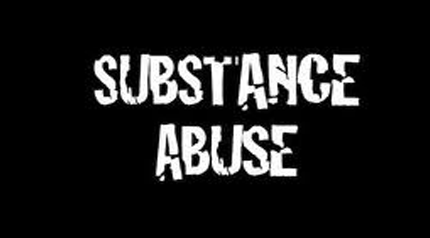



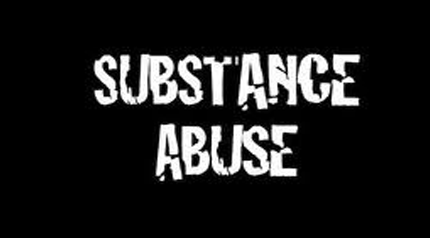
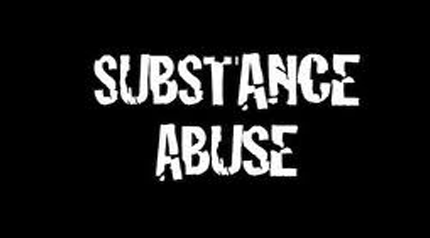
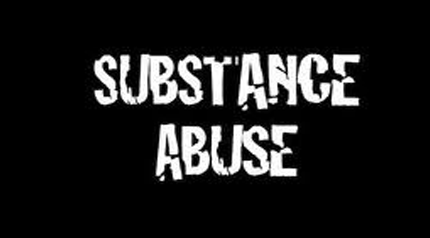

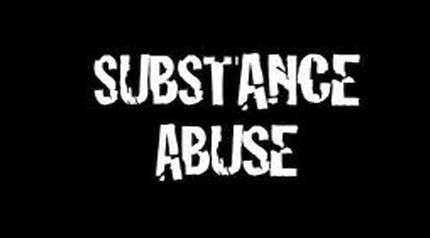
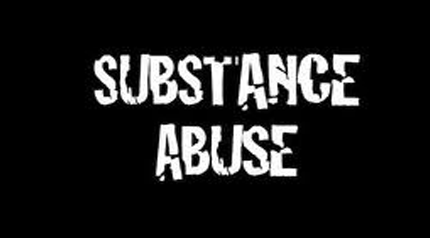
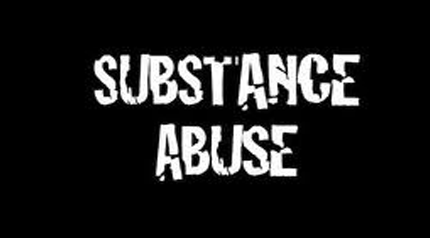
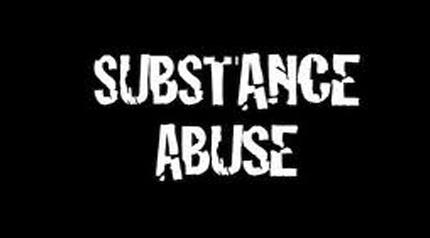
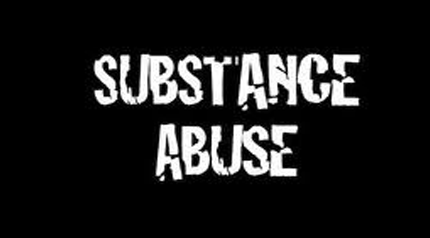
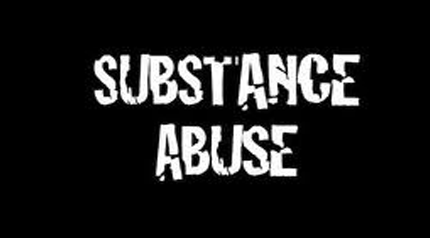
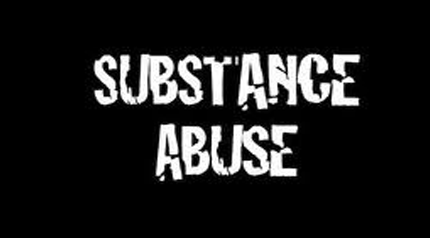
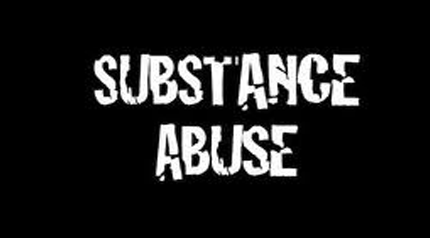
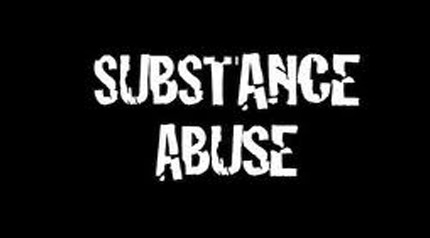
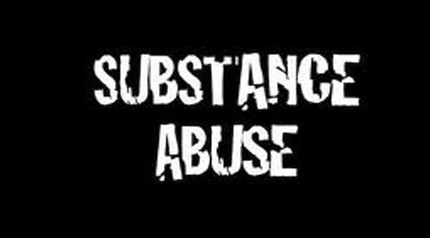
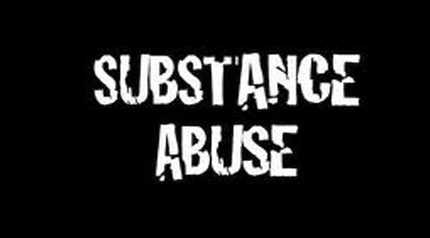
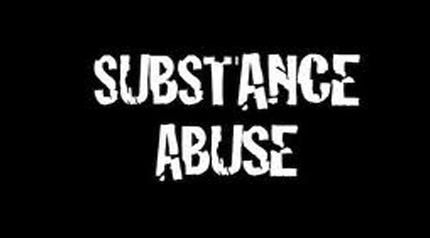
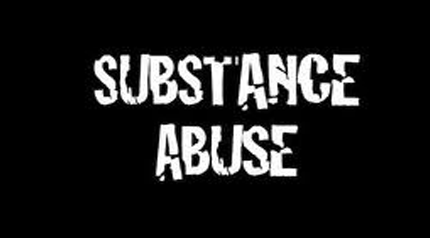
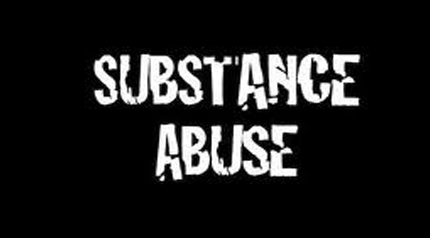














Comments